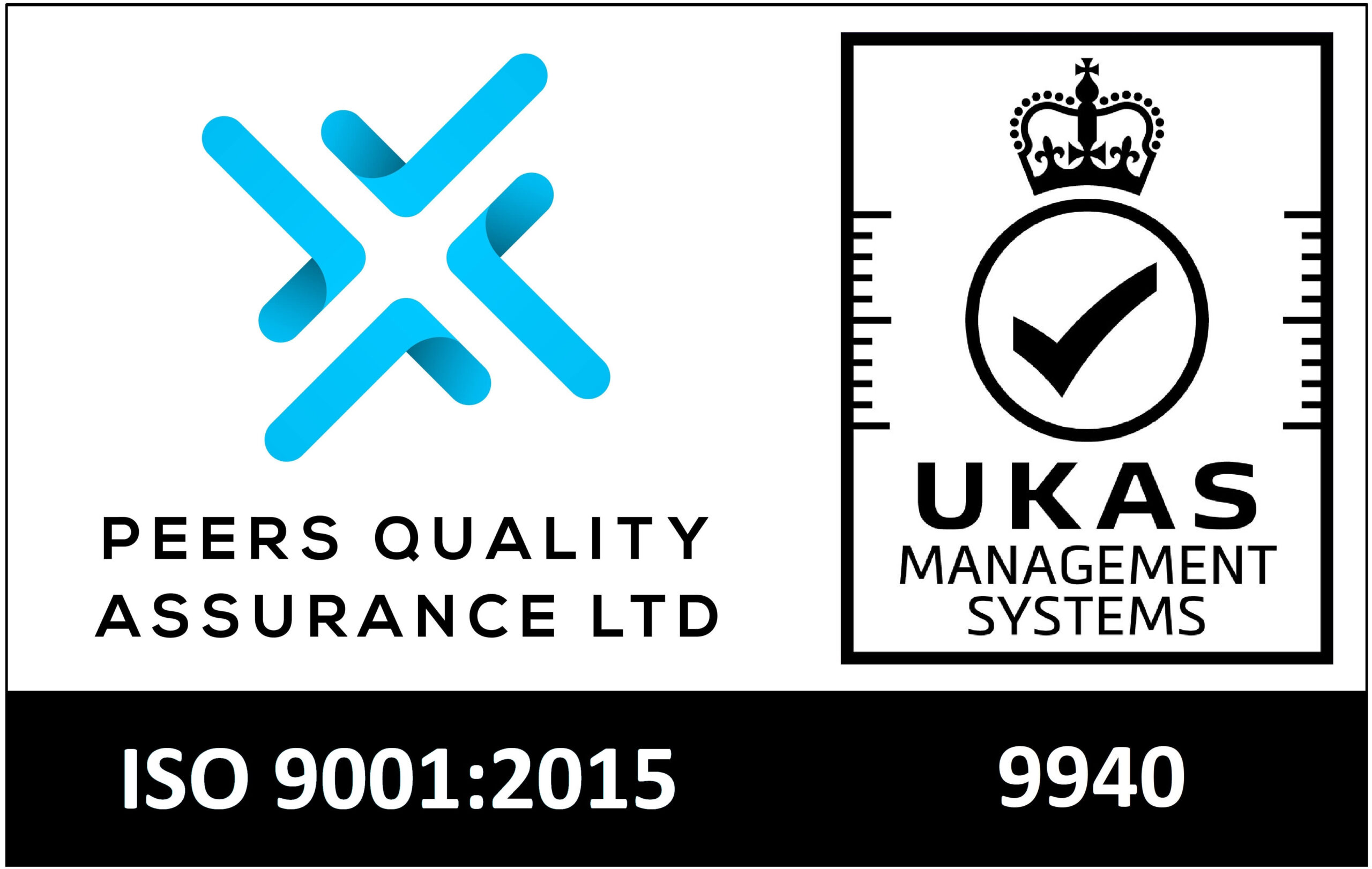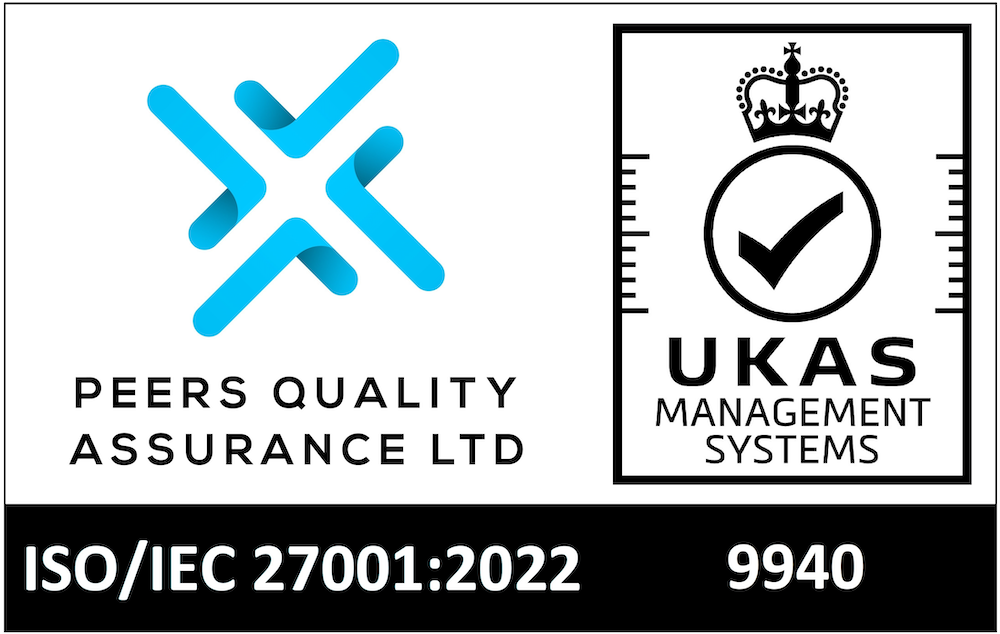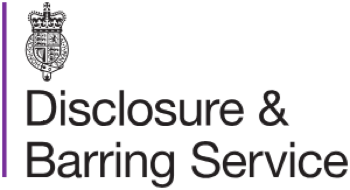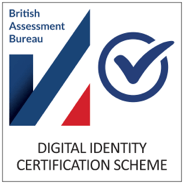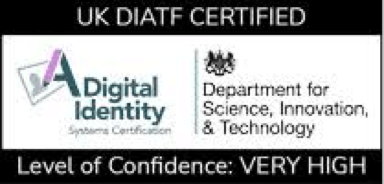Author: Joey Lyons
Remote Workers: Why Verifying Identity is More Critical Than Ever
In recent years thanks to advances in technology and the global rollout of broadband there has been a significant increase in hiring workers who work remotely. More and more by remotely we mean in a different country.
On the face of it, the advantages and benefits this brings to a company are many. Suddenly companies have access to many more people with the skills they need. In the tech sector where certain skills are at a premium and often hard or even impossible to get locally this can be game changer for companies. Remote workers can also offer flexible working arrangements which again can be very useful to the company doing the hiring.
Unfortunately like most things, there is potentially a very dangerous downside to this. Simply put, can you be sure the person you are hiring is who they say they are. Also are you sure you know why they want to work with your company.
A recent RTE report detailed how North Korean state-sponsored IT workers are using very sophisticated fake identities to gain employment with tech companies in Ireland, the UK and Europe.
Brought to light by the Google’s Threat Intelligence Group the report highlights how individuals posing as legitimate programmers or engineers use very sophisticated techniques to get past companies per employment checks to gain employment. These techniques often include fake or stolen passports, AI-generated CVs and VPNs to mask their location. In some cases, they will pay locals, people in the county where they company resides to allow them to use their ids etc when going through the interview process.
Why do they do this? In the case outlined by the RTE report it is about much more than just getting a job and a wage. They gain access to sensitive company information, potentially steal funds or intellectual property. This is then used to fund the North Korean regime.
While this is clearly, an extreme example, it demonstrates the shortcomings of many companies hiring processes. It begs the question; as interviews are done via video link, how can you be sure who you are hiring when you never meet them in person?
I should point out now that if your company needs employees to get BPSS Clearance then you cannot hire remote workers who live outside of the UK. A right to work check in the UK is a key element of BPSS Checks. Using local bad actors is one approach that might be used to try and get around this.
The Unique Challenges of Remote Vetting
Hiring remotely clearly introduces complexities that traditional hiring processes involving a face-to-face interview does not have.
Distance & Anonymity: Physical distance makes it harder to verify identity documents firsthand.
- Sophisticated Forgery: As the RTE report shows, identity documents, CVs, and even online profiles can be expertly faked, AI has made this easier.
- Jurisdictional Complexity: Hiring internationally means navigating different regulations, data sources, and verification processes, increasing the risk of oversight. Lots of times companies do not have the skills or experience to do this correctly.
- Reliance on Digital Trust: The entire process relies heavily on digital documents and online communication, channels which malicious actors are adept at manipulating.
Why Standard Recruitment Checks Often Fall Short
A quick CV review, a standard video interview, or even basic reference checks might not be enough to uncover sophisticated deception. As detailed in the RTE report state-sponsored actors or highly motivated fraudsters haver access to advanced techniques so you need a more robust approach. Relying solely on the candidate’s provided information without independent, thorough verification is asking for trouble.
As Google’s Chief Analyst John Hultquist warned, these individuals can represent the “ultimate insider threat,” potentially building backdoors or enabling cyberattacks long after their initial infiltration.
Checkback: Your Partner in Secure Remote Hiring
This is where professional, comprehensive pre-employment screening becomes not just best practice, but essential risk mitigation. At Checkback, we understand the nuances and heightened risks of remote recruitment. Our services are designed to provide the assurance you need:
- Robust ID Verification: We utilise Home Office approved Identity Verification Technology (IDVT), going far beyond a simple visual check to rigorously verify the authenticity of identity documents for remote candidates.
- Thorough Right to Work Checks: Given the reported tactic of impersonating EU citizens, our expert-led Right to Work checks confirm candidate eligibility meticulously, ensuring compliance and reducing impersonation risk.
- Global Reach, Local Expertise: Operating in 160+ countries, we have the capability and experience to conduct thorough international background checks, essential when recruiting from the global talent pool.
- Seamless Online Platform: Our proprietary vetting software streamlines the process for both you and the applicant. It offers real-time tracking, secure document handling (fully GDPR compliant and ISO 27001 certified), and integrates multiple checks efficiently, even for complex remote hires.
- Verification Beyond the Obvious: Our CV verification and career referencing services delve deeper to confirm qualifications and employment history, helping to uncover inconsistencies that might indicate fabrication.
- The Human Element: Our “Virtual Screening Team” model provides you with a dedicated expert (like Sarah, our Right to Work specialist, or James for complex international cases) who understands the specific risks and requirements, offering guidance beyond automated processes.
Don’t Let Convenience Compromise Security
The benefits of remote work are undeniable, but they shouldn’t come at the cost of your organisation’s security, integrity and good reputation. The sophisticated threats highlighted in the recent reports demonstrate that rigorous, independent verification is essential.
Checkback combines pioneering experience, cutting-edge technology, and dedicated human expertise to provide vetting solutions tailored for the modern, often remote, workplace. We help you build trust in your remote hires by verifying they are exactly who they claim to be.

